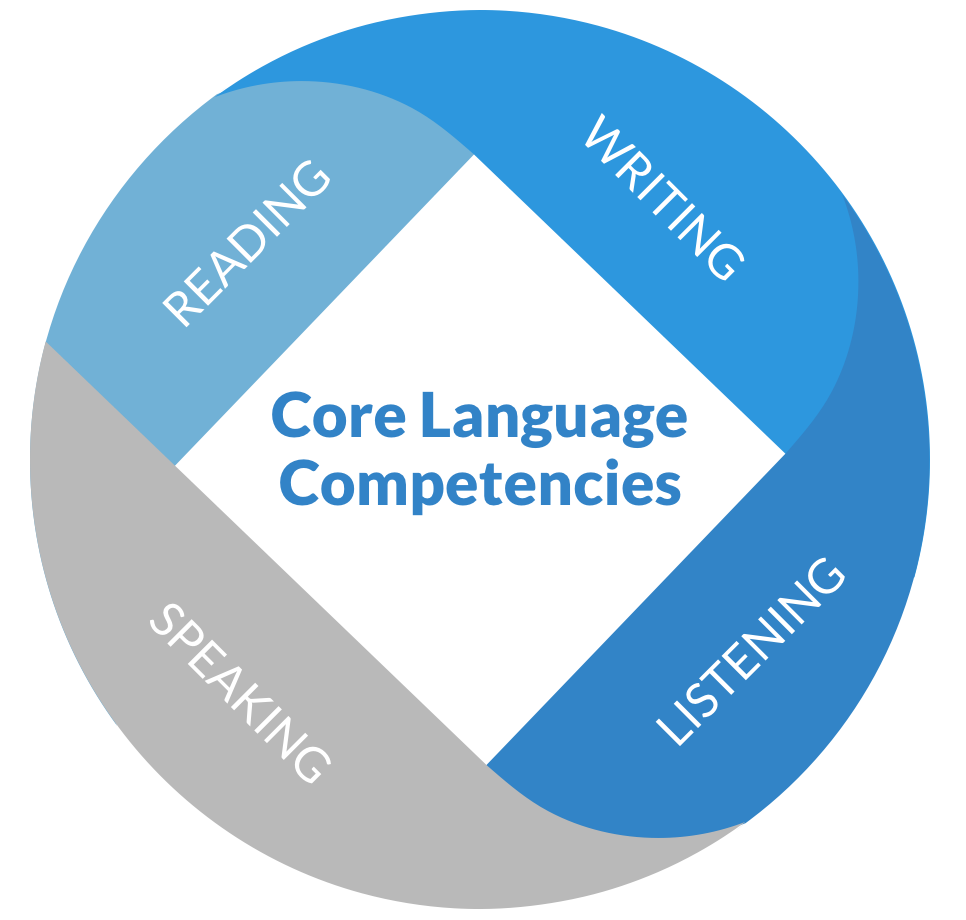
Introduction
Every year when the academic year begins, the teachers get ready to analyze the students' learnings. The teachers start testing the students whether they have gained the competencies in their previous grade set by the Education Department. If any student has not gained the required competencies, the teacher has to teach the students again to fill the gap before entering the next grade. To understand the gap between the previous grade and the present grade, the teacher has to test the students on competencies set by the Department of Education. For this, the teacher must be very much aware of the competencies and based on these competencies the teacher has to conduct tests and bridge the gap between the previous grade and the present grade. This is what is all about Bridge Course in short.
As per the standards of the Department of Education, Govt. of Karnataka, we have listed the English Language Bridge Course Competencies to help the teachers of the English language who teach English as a second language.
Here is the list of competencies from grades 4 to 9:
Grade 4
1. Enacts different roles and short skits.
2. Narrates stories, videos, films, and photographs.
3. Speaks on daily life issues eg. conservation of water and experiences of day to day life, visit to the zoo, going to a mela.
4. Reads subtitles on TV book titles, news headlines, pamphlets, and advertisements.
5. Reads printed script on the classroom walls, notice boards, posters and in advertisements.
6. Writes short and simple sentences independently.
Grade 5
1. Understands and uses instruction in English.
2. Recites and shares songs, poems, games, riddles, stories, and tongue twisters.
3. Answers questions based on day to day life experiences, unfamiliar story, poem heard or read.
4. Talks and writes about variety in food, dress, customs, and festivals as read/heard or seen.
5. Uses the dictionary for reference and reads different texts
Grade 6
1. Participates in activities like role play, group discussion, and debate.
2. Recites and shares poems, songs, jokes, riddles, tongue twisters at home and in school.
3. Reads simple stories for pleasure.
4. Reads from the notice board, newspaper internet, tables charts, diagrams, and maps and explains them.
5. Speaks meaningful sentences to describe situations.
6. Refers to the dictionary to check the meaning spelling of the new words.
7. Writes grammatically correct sentences independently as directed by the teacher.
Grade 7
1. Participates in events such as role-play skit drama, debate, and public speech.
2. Narrates real-life incidents, speaks about news, shares experiences such as journeys, field trips, visits, vacation, etc.
3. Reads fairy-tales and abridged versions of classics for pleasure.
4. Reads pictures tables, charts, diagrams and incorporates the information in writing.
5. Speaks about materials, read with correct grammar and coherence.
6. Refers to the dictionary for new words and comprehends their meaning.
7. Writes messages, informal letters, diary entries, slogans, etc.
8. Attempts creative writing like short poems, jingles, or stories.
Grade 8
1. Participates in debates grammar games, drama, and other activities.
2. Converses with people from different professions such as bank staff, railway staff, etc. in English
3. Reads a variety of texts for pleasure e.g adventure stories, fairy tales, narratives, travelogues, biographies, etc.
4. Reads excerpts, dialogues, poems, commentaries of sports and games, speeches, news, debates on TV Radio, and explains in own words.
5. Asks questions in different contexts and situation (e.g.: based on the text/beyond the text)
6. Refers to the dictionary, thesaurus, and encyclopedia as reference books for meaning and spellings.
7. Writes short paragraphs with appropriate punctuation marks.
8. Develops a skit with dialogues.
Grade 9
1. Listens and understands different forms of monologues, dialogues, discussions, recorded presentations, talks, etc.
2. Participates in group discussions, stage plays, story adaptations with proper gestures and expressions.
3. Reads and appreciates different forms of literature like prose, drama, and poetry.
4. Infers interpret, analyzes, and critically evaluate different textual materials.
5. Writes essays, articles, reports, and short stories with creativity and in grammatically correct sentences.
6. Writes emails and browses the internet for self-learning.
7. Uses dictionary and other reference materials for the meaning of words and spellings.
8. Understands news, journals, magazines, sports commentaries on TV, radio, and expresses their opinions.
9. Converses appropriately with different professionals like bank staff, railway staff, post office, etc.
10. Translates from 2nd language to the mother tongue.
You May Also Like 👇
Loading...

Excellent sir.... Very useful.... tqs
ReplyDeleteGreat work sir👍
ReplyDeleteExcellent work
ReplyDelete👍👍
ReplyDeleteThanks sir
ReplyDeleteThank u sir
ReplyDeleteGreat article
ReplyDeletenice sir,, jorada
ReplyDelete